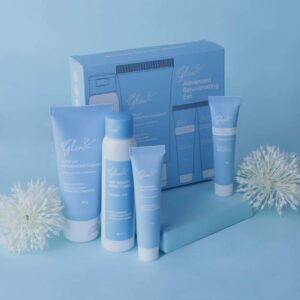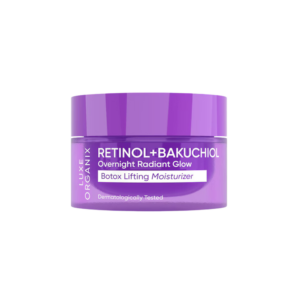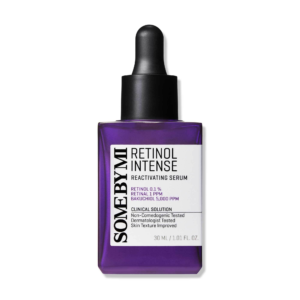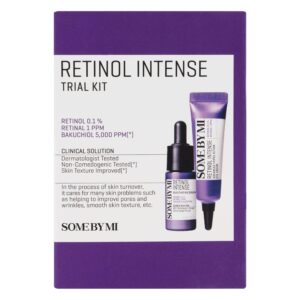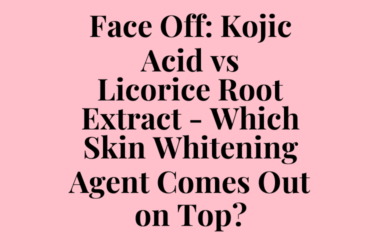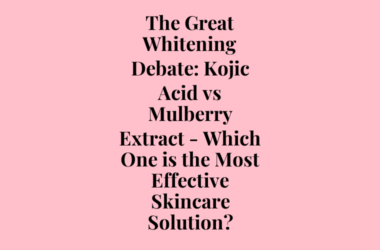Table of Contents
The Great Debate: Bakuchiol vs Rosehip Oil – Natural Skincare Showdown
In the world of natural skincare, two ingredients stand out for their impressive list of benefits: bakuchiol and rosehip oil. Both have been praised for their anti-aging, soothing, and regenerative properties, making them staples in many skincare routines. But which one is the ultimate natural skincare powerhouse? In this article, we’ll dive into the world of these two wonder ingredients, exploring their history, benefits, and how they can be effectively used to achieve healthy, radiant skin.
As we delve into the pros and cons of bakuchiol and rosehip oil, it’s essential to understand their individual unique characteristics.
The Benefits of Bakuchiol
Bakuchiol is a plant-based alternative to retinol, derived from the seeds of the Psoralea coryifolia plant. Its history dates back to ancient Ayurvedic medicine, where it was used to treat skin conditions such as eczema and acne. Today, bakuchiol is gaining popularity for its impressive anti-aging properties, including reducing wrinkles, fine lines, and hyperpigmentation.
The Benefits of Rosehip Oil
Rosehip oil, on the other hand, is extracted from the seeds of the Rosa rugosa rose plant. It’s a rich source of antioxidants, vitamins, and fatty acids, making it an ideal ingredient for nourishing and moisturizing the skin. Rosehip oil is often used to address issues like acne, scars, and hyperpigmentation, and to improve the appearance of stretch marks and fine lines.
Recommended Products
Bakuchiol
Rosehip Oil
-
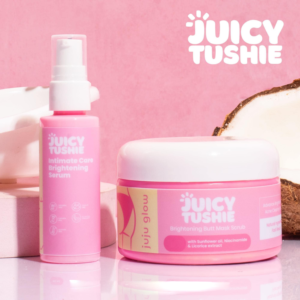 JUICY TUSHIE Butt Mask Scrub and Intimate Care Brightening Serum by Juju GlowKD4.000 KD8.000Price range: KD4.000 through KD8.000
JUICY TUSHIE Butt Mask Scrub and Intimate Care Brightening Serum by Juju GlowKD4.000 KD8.000Price range: KD4.000 through KD8.000 -
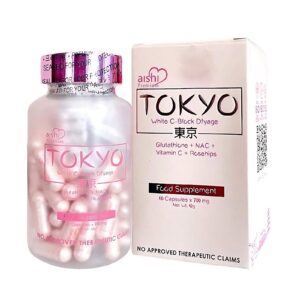 Aishi Tokyo Food Supplement – 60 Capsules Glutathione + NAC + Vitamin C + RosehipKD9.000
Aishi Tokyo Food Supplement – 60 Capsules Glutathione + NAC + Vitamin C + RosehipKD9.000
Comparison Table
| Ingredient | Bakuchiol | Rosehip Oil |
|---|---|---|
| Anti-Aging Properties | Yes | Yes |
| Acne Treatment | Yes | Yes |
| Moisturizing Properties | Some | High |
| Soothing Properties | Yes | Yes |


